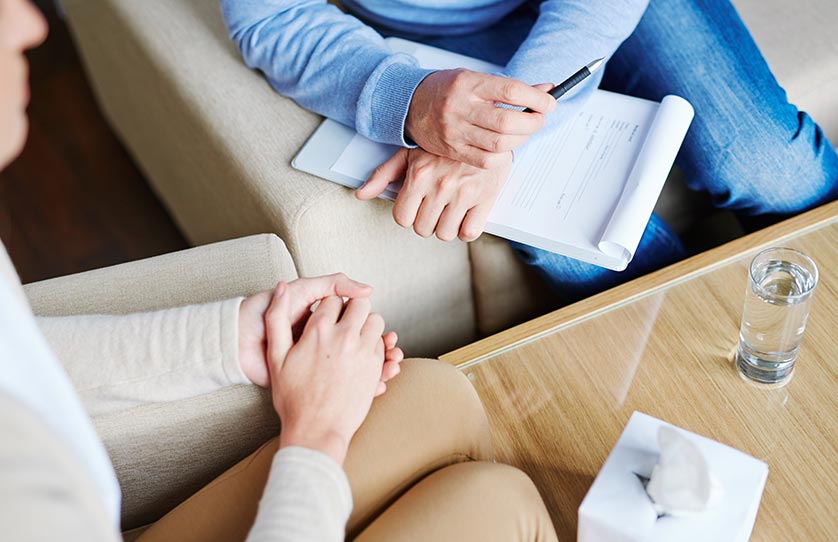Qualities of a Good Therapist
Dr. John Norcross defined the therapeutic relationship as an alliance where there is a collaboration of effort by both client and therapist. According to Dr John Norcross, the quality and strength of this teamwork relied on the following to be true:
❏ Agreement of goals
❏ Consensus on treatment tasks
❏ Relationship bond
❏ Empathy
❏ Authenticity
Dr. Robert Firestone said of psychotherapy, “nowhere in life is a person listened to, felt, empathised with, and experienced with such concentrated sharing and emphasis on every aspect of personal communication.” Therapy is where people are safe to open up and share their innermost fears, desires, needs, and wants. It is a place to discover why we are who we are and how we exist in relation to the other and our environment.
Good therapists need to possess certain qualities in order to be able to build trusting therapeutic relationships with their clients regardless of the method of therapy they use. When a therapist listens to a client’s story, they must react with empathy, concern, and care to create a place of security and trust. This leads to feeling safe, reducing feelings of anxiety, and when appropriate, opens the door to visiting old traumas to find resolve.
Qualities of a Trusting Therapist
- Deep interest in their client
- Relate to them with sensitivity to their needs
- Attuned to client and their state of mind
- Able to offer new perspectives of looking at self and relationships
Often our past plays out in the here and now. When this occurs exploration of past experiences and patterns of behaviour may take place. A good therapist is able to recognise these patterns and works with their client to build awareness.
Developing trust in a relationship takes time and requires a pattern of trustworthy behavior. Trust is not developed when you are told what you want to hear but instead it is evident when the person does what they say they will do.
How to Build Trust
Patients need a therapist who:
- Will be able to guide them through resolving their problem in a cooperative and helpful manner in tune with who they are
- Will protect them from blame, anger, and hurtful comments by being sensitive to their feelings and needs
- Will cultivate positive feelings and foster hope while helping to build the client’s self esteem and feelings of self-worth
- Will not pass judgment on their beleifs, lifestyle, and choices and will keep confidential what is shared during therapy
Signs a Theraputic Relationship is Unhealthy
- Disagree on goals or changes that client wants to make
- Judging of conduct, lifestyle, or situation
- Encourages blaming of others for the client’s problems or situation
- Unknown end results of therapy
- Crosses boundaries of client-therapist relationship
- Talks too much or not at all

